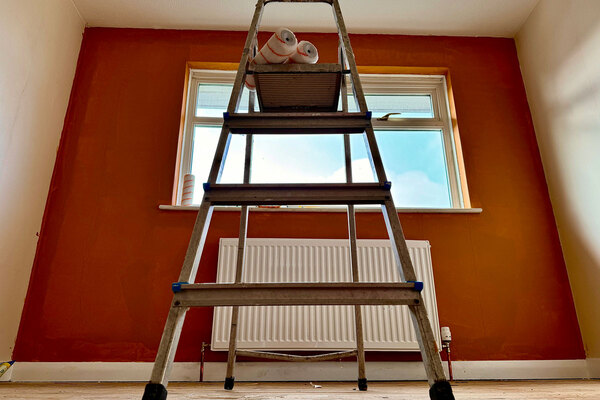You are viewing 1 of your 1 free articles
Housemark’s analysis of first consumer standard grades finds ‘significant challenges’ in sector
An analysis by Housemark of the first grades for the consumer standards has found “significant challenges” in the social housing sector, including problems with record-keeping and safety compliance.

In a new report called Raising the Bar, which provides an overview of how the sector is responding to regulatory consumer standards, the data firm urged housing providers to “take action” to improve service delivery, tenant satisfaction and asset management performance.
The Regulator of Social Housing (RSH) has so far given consumer grades to 23 landlords, 15 compliant grades of C1 or C2, while eight received non-compliant C3 grades.
The English regulator’s new, more proactive regulatory regime came into full force in April 2024.
Social landlords are now being assessed on new consumer standards, with grades ranging from C1 to C4, on top of the Governance and Financial Viability Standard.
The RSH is carrying out a planned inspection programme to assess landlords.
However in some cases, landlords have been graded following a self-referral and subsequent proactive engagement from the regulator, or engagement that was already ongoing with the RSH, for example as a result of a previous non-compliant grade.
The first batch of consumer gradings were published by the regulator in early July, with three councils and one housing association all deemed non-compliant.
Reasons for non-compliance include safety compliance failures, poor data on homes, failure to collect data on the tenant satisfaction measures (TSMs) from tenants, and thousands of outstanding repairs.
The first from planned inspections were published in late July, with two landlords handed the top grade of C1.
Housemark’s analysis is based on its own data and the regulator’s reports.
The data firm said there are common themes for improvement, including record-keeping, safety compliance, use of IT systems for analysis such as embedded approaches to data quality for assets and tenants, and reporting systems.
It said that despite damp and mould remaining a top priority for landlords, one in five cases resurface within a year, suggesting that current remediation works are yet to tackle the root causes of the issues in many cases.
The report also estimated that up to one million tenant complaints have gone unrecorded in the past year – eight times the number reported by landlords.
The firm said the gap underscores the “critical need” for more transparent and effective complaint-handling systems, as providers navigate the Housing Ombudsman’s complaint-handling code.
According to the code, which landlords have been obliged to follow since April, the definition of a complaint is “an expression of dissatisfaction, however made, about the standard of service, actions or lack of action by the landlord, its own staff, or those acting on its behalf, affecting a resident or group of residents”.
It stated: “A resident does not have to use the word ‘complaint’ for it to be treated as such.”
Housemark’s report also emphasised the risks that are likely to crystallise with the upcoming Decent Homes Standard 2, predicting a sharp decline in compliance rates.
It included findings from Housemark’s analysis of the TSMs, revealing that only (33.8%) of tenants are satisfied with the way their landlord is handling complaints, the lowest score of all.
It found that 76.3% of tenants reported being treated fairly and with respect by their landlords, while three in 10 landlords improved their satisfaction scores in 2023-24.
Landlords with improved satisfaction focus on themes such as data quality, extracting insights from data, and action planning to improve satisfaction results, it said.
More than half of landlords recorded full compliance for four out of the five building safety measures in 2023-24.
Jonathan Cox, chief data officer at Housemark, stressed the importance of data-driven decision-making.
He said: “The findings from this report show how far the sector has to go. Housing providers must act now to ensure that they meet the new regulatory standards and provide a positive tenant experience.
“We know from our exclusive analysis that it takes 18 months to see service improvement actions reflected in satisfaction metrics.
“Accurate data and proactive engagement are key to identifying issues before they become crises.
“At Housemark, we’re committed to supporting the sector with the insights and tools needed to navigate these changes successfully.”
Sign up for our regulation and legal newsletter
Already have an account? Click here to manage your newsletters











